
Cultivating communities where people and nature thrive together
The Community Ecology Institute (CEI’)s Climate of Hope project includes three innovation areas, described below: 1) Climate Aware Agriculture featuring Renewable Energy Integration; 2) Cultivating Climate Victory Gardens; and 3) Community Climate Change Education…
Climate of Hope will offer accessible, science-based, action-focused climate change education for the community. [They] offer eight community events at [their] farm on a range of topics from climate victory gardening (and the associated carbon-capturing practices), to composting, energy efficiency, community solar, and more.
[They] also offer customized offsite presentations to eight diverse community organizations including HOAs, faith organizations, school groups, and businesses. These events will be designed to inspire participants and provide strategies and tools for sustained positive climate action.
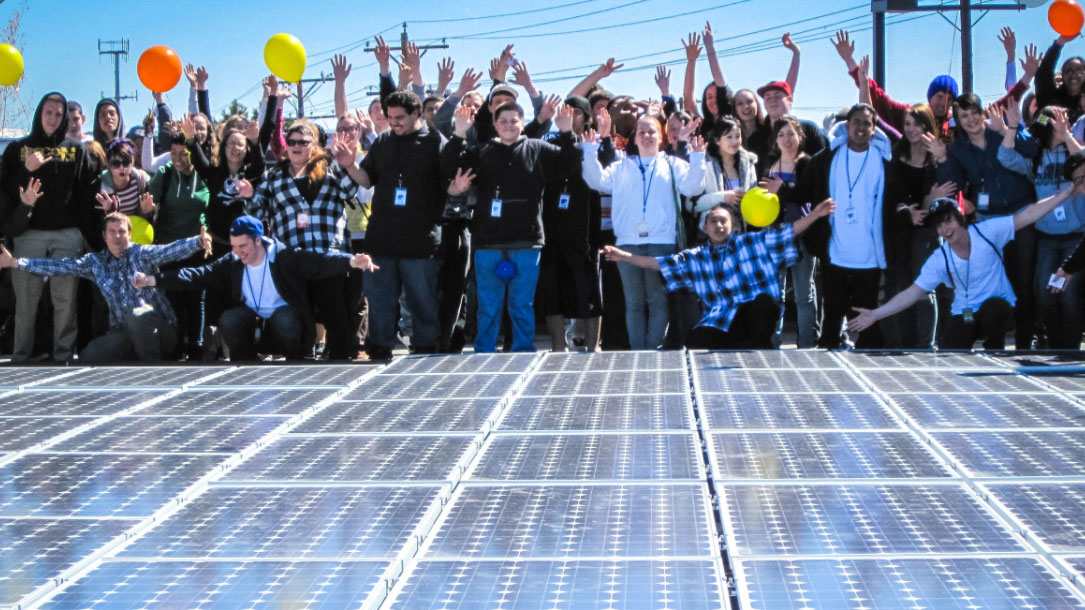
Our energy future
Driftless Area Land Conservancy [DALC] along with dedicated area activists has created Iowa County CLEA-N, Clean Local Energy Alliance—Now. CLEA-N’s mission is to explore options for and engage in initiatives to advance the local ownership and control of a clean energy future in Iowa County, and to lay the groundwork for the creation of an Energy District through which the vision of that future can be realized.
CLEA-N & DALC—Working Hand-in-Hand on Common Goals
Climate disruption affects every aspect of the work at DALC. CLEA-N’s efforts to lower fossil fuel emissions and to sequester excess atmospheric carbon supports DALC’s land conservation work. As this new organization gets off the ground, DALC will be a significant stabilizing and guiding partner…
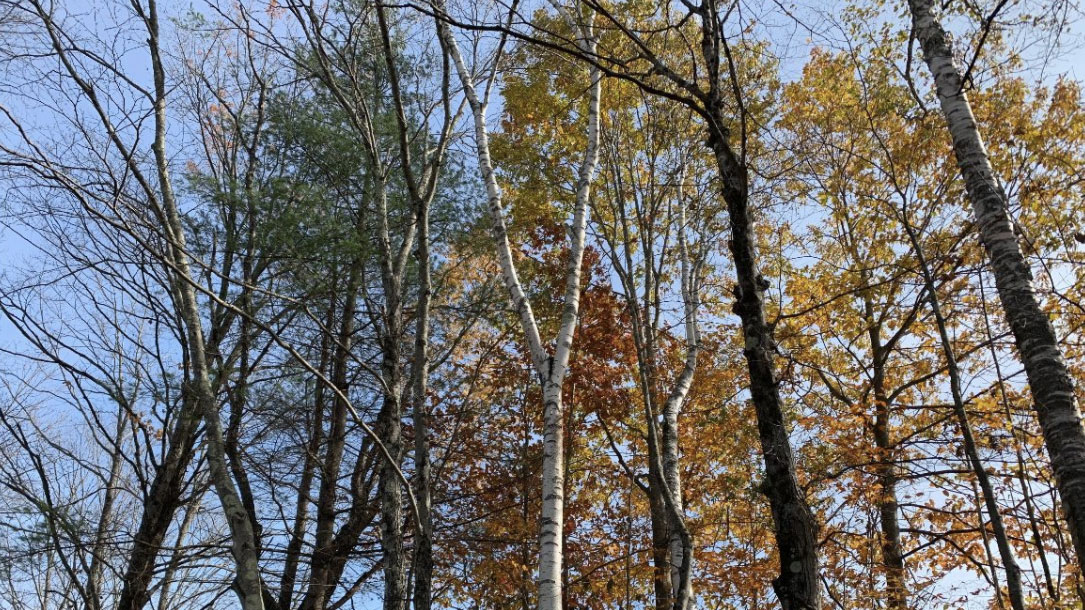
Corporate partnerships in the Family Forest carbon program
The Family Forest Carbon Program, a program created by the American Forest Foundation and The Nature Conservancy, brings together rural family forest owners and companies to address climate change.
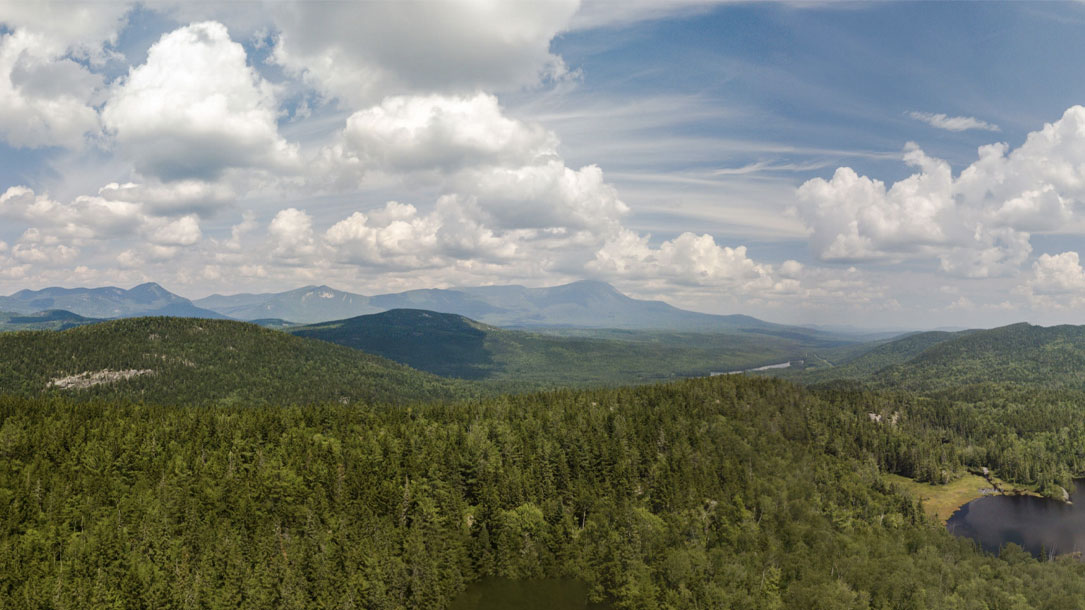
Family forests: An untapped powerhouse in climate change mitigation
[T]he American Forest Foundation and TNC have partnered to develop the Family Forest Carbon Program (FFCP) to remove the barriers smaller landowners often face—carbon market access, lack of forest management expertise, and cost—to help them optimize the carbon storage potential of the 290 million acres of privately-owned U.S. forestland.
Meeting that potential requires helping those individuals and families adopt a science-based approach to take advantage of incentives for specific forest management practices that measurably enhance carbon sequestration. It requires engaging local foresters who have decades of experience working with private landowners.
Through sustainable management, landowners can reduce their expenses by as much as 75 percent…

How art can inspire viewers toward climate action
Land trusts have long worked with artists to elevate the importance of land and water, and to connect with their community. Current examples abound from local art sales, like the Agricultural Stewardship Association’s art show featuring farms and area landscapes, to the New Canaan Sculpture Trail.
Increasingly, with the growing realization of how climate change is the greatest threat to conservation we have yet seen, land trusts are now working with artists to inspire change and action.
One example is the D&R Greenway Land Trust. Back in 2016, the D&R Greenway Land Trust was in its 27th year of preserving and protecting natural lands, farmlands, and open spaces throughout central and southern New Jersey. Their art partnership was focused on raising the profile of climate change on the lands and waters people love—and the need for action.
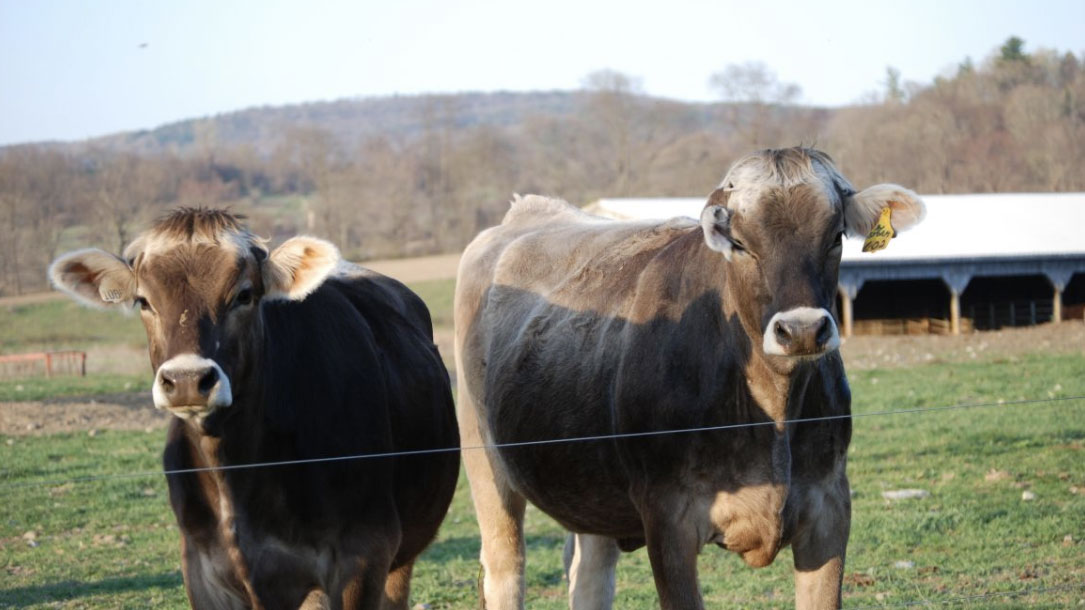
Healthy Soils Grant
A $2 million grant from the USDA Natural Resources Conservation Service (NRCS) has been awarded to the Vermont Land Trust to help farmers implement practices that enhance the health of their soils. The Conservation Innovation Grant (CIG) Program and the On-Farm Trials of NRCS stimulate the adoption and evolution of innovative conservation approaches in partnership with farmers.
The Vermont Land Trust, Biological Capital, and the University of Vermont Extension will work with approximately 25 conserved farms to create, implement, and evaluate practices that enhance the health of soil, including its ability to store carbon. This is the only Vermont-based project to receive CIG funding…
The Vermont Land Trust will provide project oversight, work directly with farmers, and manage…
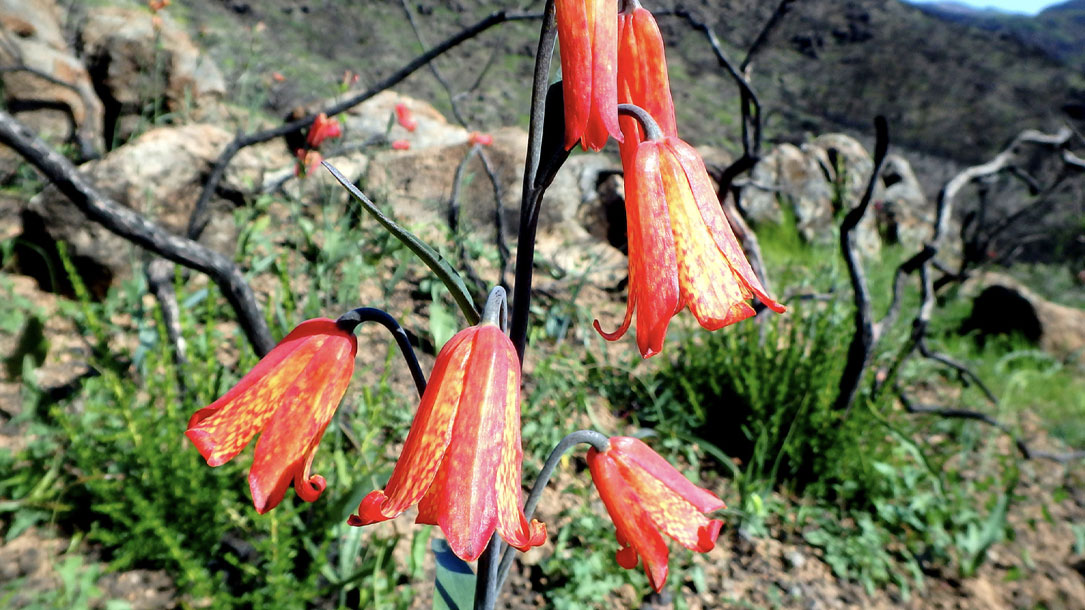
Wildfire: The road to recovery
Facing historic grief, loss, and destruction in most of the West, this land trust faces reality and is here to help:
“As we continue to move forward after the historic wildfires, we want to express our deepest sympathy to everyone impacted by the fires here and in Sonoma, Solano, and Mendocino Counties. We are endlessly grateful for the untiring efforts of the first responders, the over 11,000 firefighters [some brought in from all over the country, and as far away as Australia and Canada], the California Highway Patrol, local authorities, and the countless volunteers who worked tirelessly to protect us all. And the response of the Napa community has been truly inspiring.
Our staff continues the process of actively visiting properties to assess short and long term stewardship issues. We have been consulting with experts from a number of other agencies, such as Cal Fire, and have joined the Post Fire Recovery Working Group, which includes the Napa County Resource Conservation District, the Natural Resources Conservation Service, the County, and others who are working to assess the condition of burned areas and determine any steps that could or should be taken.
Lastly, in a proactive effort to share useful information, we’ve collected resource links to webpages and pdfs that could be helpful in the recovery process and have posted them. Our goal of working together as a community remains and with it the hope that we can live up to Napa’s inspired resiliency…”
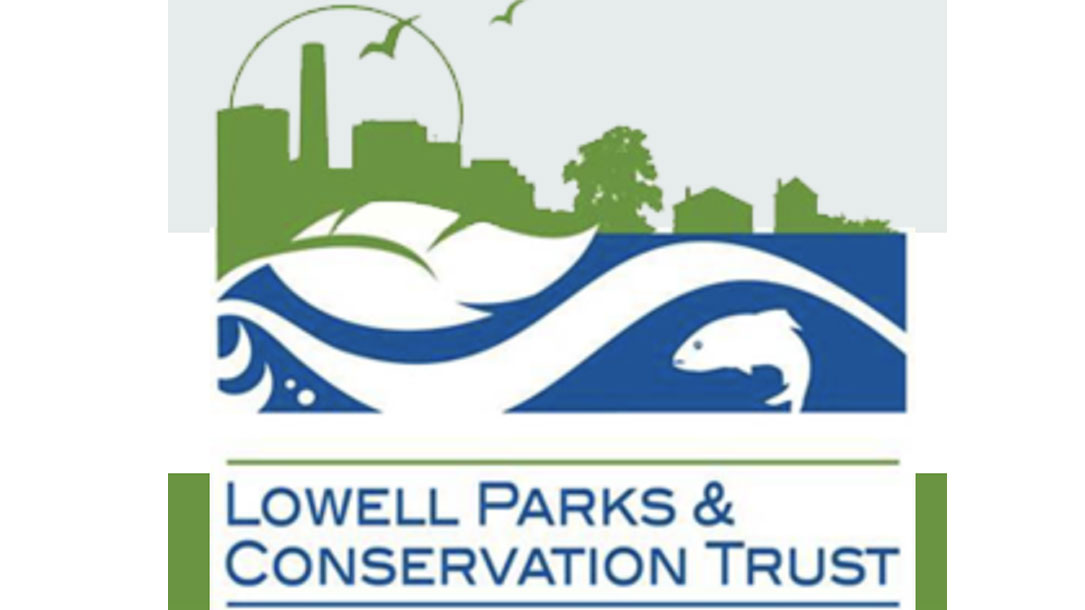
Climate change forum, October 1st
This small and innovative land trust raising awareness about a climate change forum, hosted by Lowell City of Learning and UMass Lowell Climate Change Initiative. The presentation will be led by UMass Lowell faculty. The timing is on pointe as climate change is increasingly on people’s minds. This short, one-hour, virtual event will cover a number of topics including:
- How are the western US wildfires related to climate change?
- How will acting on climate change affect the economy?
- What if we do nothing?
- What are some of the solutions to climate change that are already here?
- Are there any solutions that we haven’t heard about yet?

Beaufort County Solar Facility first in the state to be permanently protected
In a first of its kind deal for South Carolina, Beaufort County Open Land Trust announced the closing of a conservation easement on land owned by an affiliate of Adger Solar LLC, on which the Seabrook solar energy generation facility in Beaufort County resides.
The 72-megawatt facility, owned by Dominion Energy, is sited on a rural 628-acre property and is the first designated solar energy facility in South Carolina to be on land protected permanently by a conservation easement. The project is expected to be in service in 2020 and will provide enough energy to power 9,000 homes for the next 25 years. The agreement allows for the land to be used for farming, timber, or other rural uses if energy production ends.
“Our landscape in Beaufort County is changing and how we think about land use is changing too. What was once a tomato farm will now help support the growing clean energy industry,” commented Kristin Williams, executive director, Beaufort County Open Land Trust. “Our goal is to ensure that over the long-term, these sites vulnerable to residential, commercial, and industrial development, are permanently protected…”

Climate Change Initiative
The Northwest Arkansas Land Trust has been working on meeting people where they are and finding common ground around natural climate solutions and climate conversations.
Their website explains these three areas of focus as well as the projected impacts of climate change.












